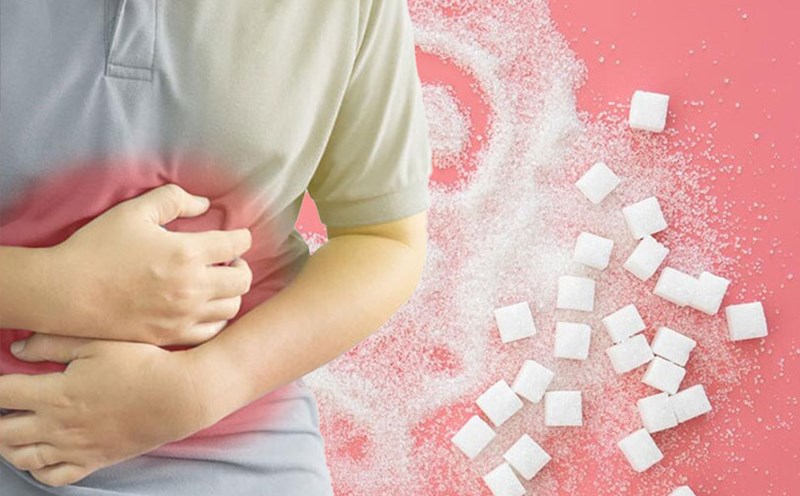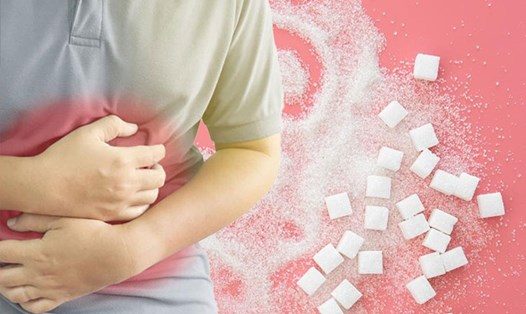1. Walk or do some light exercise
Walking is one of the best ways to relieve digestive problems. If you feel bloated after a big meal, take some time to walk around the house or do some light cardio exercises. This will help reduce the discomfort caused by bloating.
2. Avoid carbonated drinks, replace with filtered water
Drinking carbonated drinks with meals can make bloating worse. Instead, drink water before, during, and after meals. Water helps flush out excess sodium in the body, which is one of the causes of bloating.
3. Use ginger tea or mint tea
Ginger tea and peppermint tea are great drinks to help reduce bloating. According to experts, peppermint tea is rich in flavonoids that help soothe bacteria in the digestive tract that cause gas and bloating. It also reduces inflammation and soothes the intestines.
4. Use peppermint essential oil in capsule form
According to research from the National Institutes of Health, capsules containing peppermint oil can reduce symptoms of bloating and help treat irritable bowel syndrome (IBS). However, it is important to note that you should not drink peppermint oil directly from the bottle. Only use capsules recommended by your doctor to ensure safety.
5. Supplement with probiotics
Probiotics, such as yogurt or curd, help promote the growth of beneficial bacteria in the gut. This helps reduce bloating, prevent digestive problems, and maintain a healthy digestive system. If you have bloating problems, try adding probiotics to your diet.
6. Eat light, easily digestible meals
If bloating persists, experts recommend avoiding heavy, fatty, or high-fiber meals – foods that take a long time to digest. Instead, opt for light, easily digestible foods to reduce the pressure on the digestive system.
7. Maintain regular eating habits
Eating too much at one meal is a common cause of bloating. To avoid this, eat smaller meals at regular times. This will not only help reduce bloating but also help your digestive system work more efficiently.











